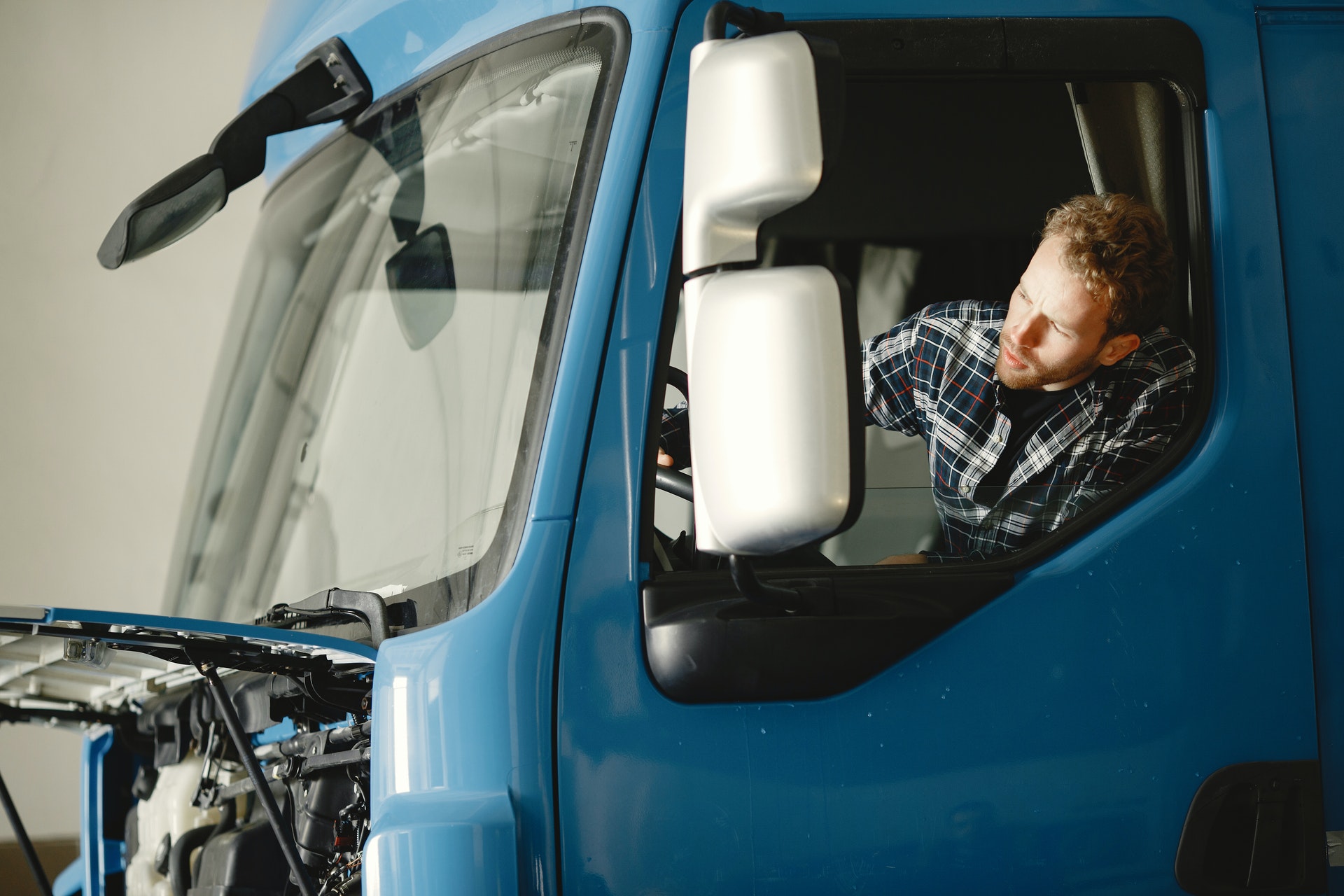DALLAS – The mandated use of data recording devices on commercial trucks looms on the horizon and they likely will be very costly, said Dan Pearce, director of risk management for Schneider National.
Noting that Electronic On-Board Data Recorders (EOBRs) have long been on the “wish list” of the National Transportation Safety Board, Pearce said the 387-page final Hours of Service (HOS) rules state that the devices will be dealt with separately in another rule.
Pearce made the comments at an address to trucking company executives attending the Great American Trucking Show in Dallas.
Pearce told The Trucker that “we’re not out of the woods yet” with the HOS, noting that Public Citizen on its Web site stated it was “disappointed” in the new HOS rules. Pearce said talk in the industry is that another lawsuit challenging HOS is imminent.
As far as the EOBRs, Pearce estimated that for the first year alone, it would cost Schneider $14 million to make changes to implement EOBRs or similar devices on its trucks and train its drivers, and then another $4 million a year in on-going costs.
A key question, Pearce said, is whether such devices really do what they’re touted as doing, i.e. reduce HOS violations and eliminate fatigue.
Frankly, he said, “we’ve having a difficult time justifying [the] $14 million cost.”
Pearce told seminar attendees that fatigue is related to so much more than HOS, including the effects of the outside temperature on a driver’s rest; what the driver’s eaten before going to sleep; financial or family troubles at home; shipper problems and other things that weigh on a driver’s mind.
Accidents also involve driver distractions, not just fatigue from being over hours, he noted.
Plus, Pearce said EOBRs and similar devices are not only vulnerable to failure, they’re easy to tamper with. For example, he said the plug-ins from the recorder to the data link could be “fixed” with a crude “squelch button” in order to give false signals.
He said the industry must “press” the Federal Motor Carrier Safety Administration (FMCSA) to clarify the functional requirements of data recording devices because what they’re required to do will determine what type of device is needed.
Seminar attendees expressed concern that mandated data recorders might start with collecting HOS data and then would be used to determine a driver’s speed, hard braking use and other driving information.

